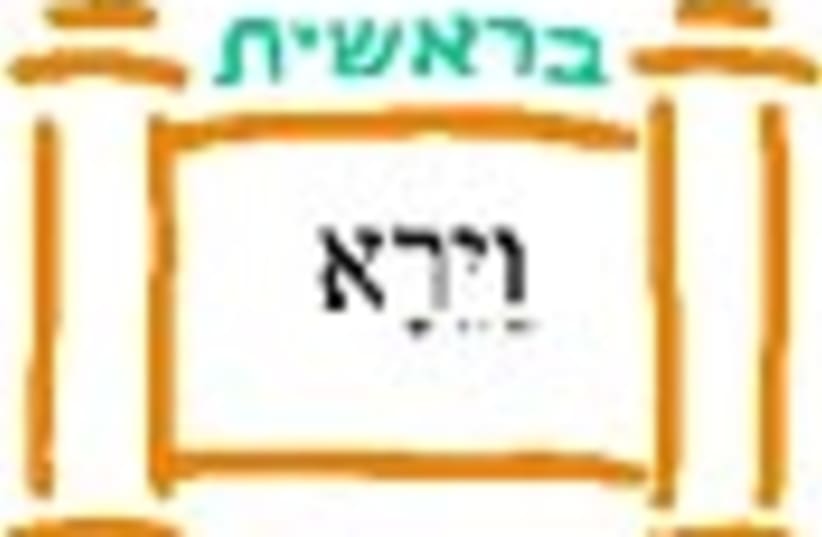| More about: | Book of Job, Bruce Almighty, Ishmael, East Anglia |
Parasha VaYera: Yes, life is unfair
The Torah portion this week is marked by the awe-inspiring story of the akeda, the near-sacrifice of Isaac.


| More about: | Book of Job, Bruce Almighty, Ishmael, East Anglia |